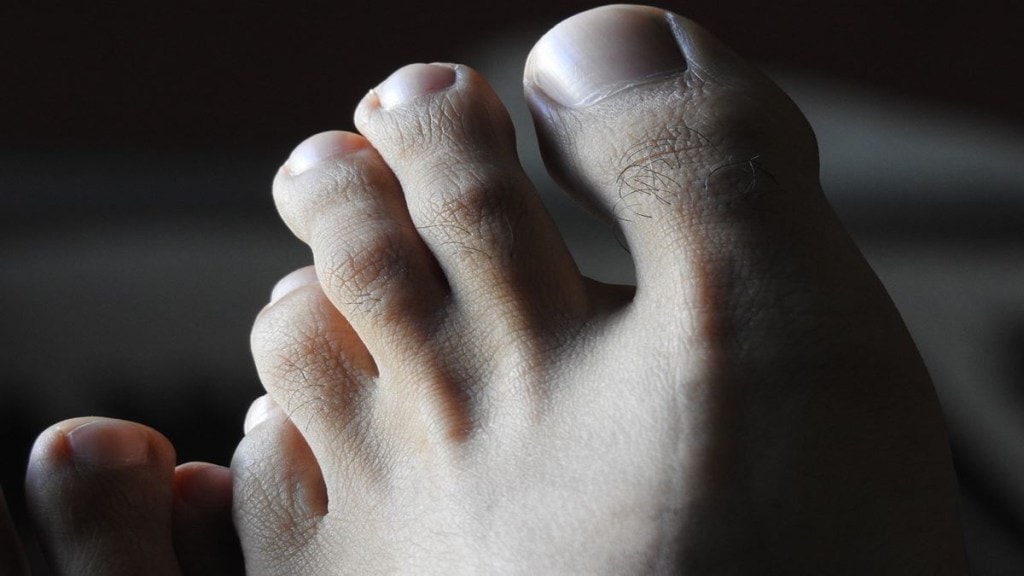We take care of our body, we pamper our skin and face. But we don’t pay much heed to our feet. You might not be aware but your feet can actually reveal a number of health conditions like heart disease and diabetes.
You need to be aware of these warning signs and you should not ignore them.
Here are the 6 warning signs that can reveal if have health problems:
- If you notice a wound in the feet that is not healing, then it might be time to see a doctor. According to experts, an unhealed wound for a long period can be a sign of diabetes. This condition is known as neuropathy and it causes nerve damage and can cause numbness and a tingling sensation. Moreover, diabetes can lower the amount of blood flow in your feet making it difficult for a sore or an infection to heal.
- If you experience itchiness or scaly rash, especially between the toes, then it can be a sign of a fungal skin infection like Athlete’s foot. According to the Mayo Clinic, it “occurs in people whose feet have become very sweaty while confined within tight-fitting shoes.”
- Are you experiencing swelling and cold toes? Well, it can be a sign of heart disease. Some heart conditions often lead to symptoms like swelling in feet or legs, cold toes, numbness, painful cramps in the legs and hips, and shiny skin. Peripheral arterial disease (PAD) can also lead to a build-up of fatty deposits in the arteries restricting blood supply to leg muscles. Other symptoms of PAD on the legs include hair loss, brittle, slow-growing toenails, ulcers that do not heal, changing skin colour, such as turning paler than usual or blue, erectile dysfunction and muscle shrinkage.
- Joint pain may not always be associated with old age. Gout, which is a type of joint pain, occurs due to a build-up of uric acid crystals. This leads to swelling and is mainly seen in the big toe. According to NHS, The skin may be “hot and swollen”, and cause a “sudden, severe pain.” Moreover, a gout attack can last up to seven days and may not cause lasting damage if you get treated on time.
- A constant foot pain can be a sign of Hypothyroidism, or an underactive thyroid. According to the Advanced Foot and Ankle of Winsconsin LLC: “The lack of hormones causes chemical disruptions throughout the rest of the body, including the autoimmune system and metabolism.” Hypothyroidism leads to swelling particularly in the feet and ankles, making them stiff and inflamed.
- If you have cold feet, then it can be sign of Anaemia. According to the Texas Medical Institute, anaemia can lead to poor circulation, which can lead to cold feet. They said: “The large leg muscles require a lot of blood and oxygen to function.
- “Oxygen deprivation causes them to work overtime and cause fatigue, weakness, severe cramps, and restless leg syndrome (RLS), which may contribute to insomnia. Anaemic patients may feel a crawling or itchy sensation in the feet and legs, which can worsen at night.”







